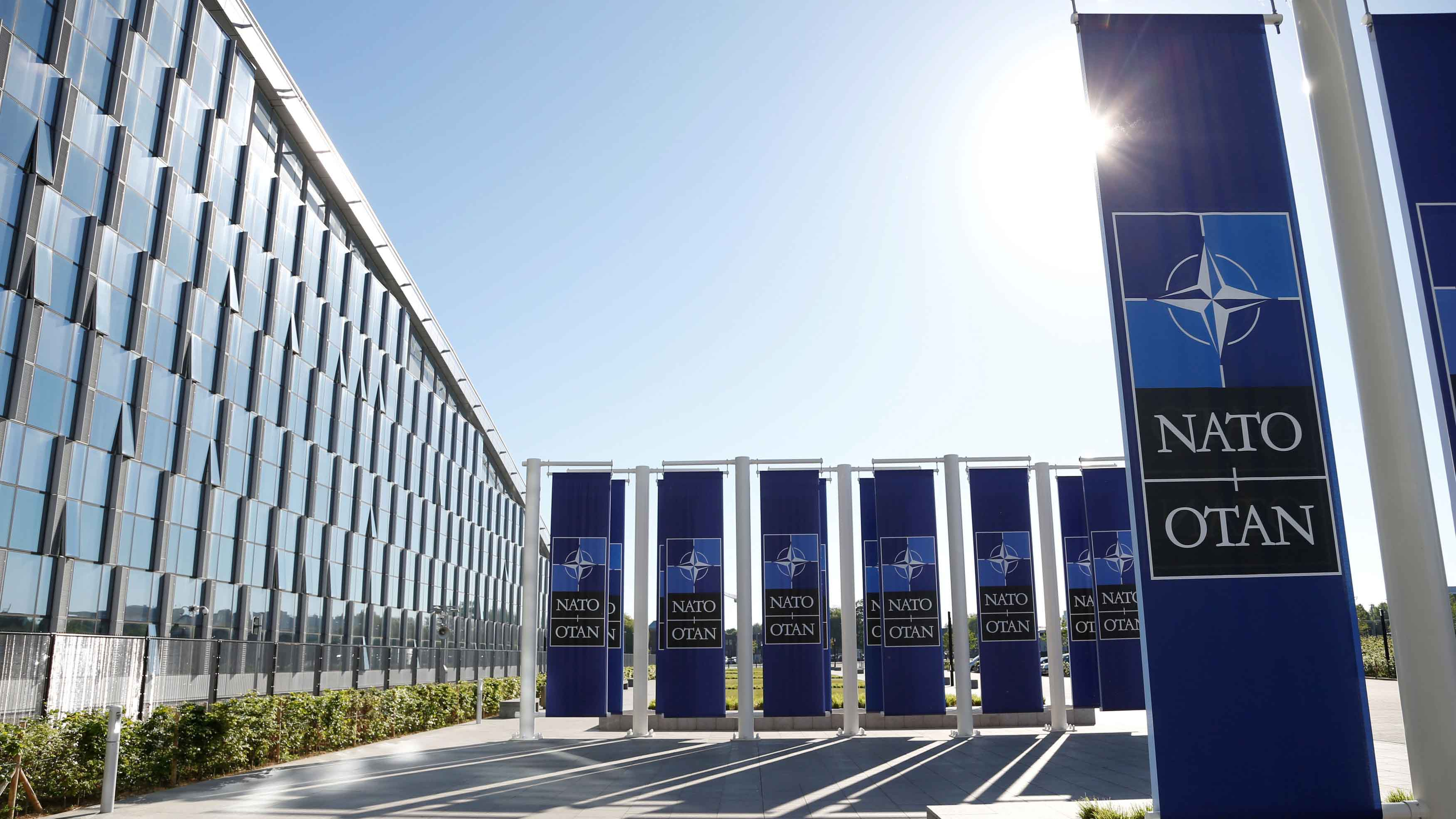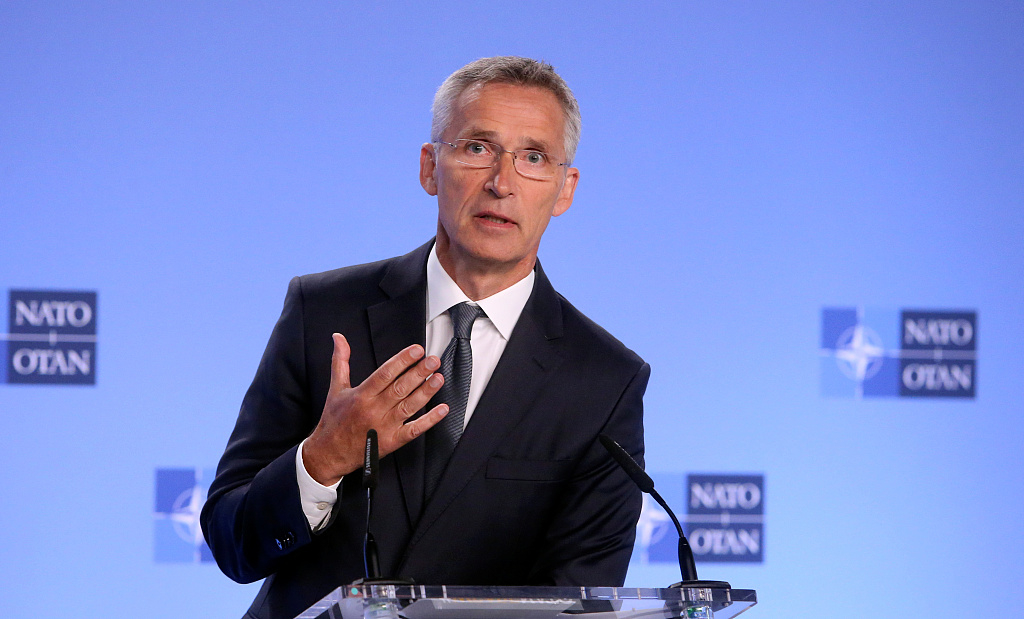

Editor's note: The article was first published by China Plus on August 2, 2019. The article does not necessarily reflect the views of CGTN.
The Intermediate-Range Nuclear Forces (INF) Treaty, signed between Washington and Moscow in 1987, came to an end when the United States formally withdrew from the treaty on Friday. This move is bound to weaken strategic mutual trust between the major powers, encourage another nuclear arms race, and raise the level of risk in the world's security landscape.
The treaty, which banned the production, testing and stockpiling of land-based cruise and ballistic missiles with ranges of 500 to 5,500 kilometers, along with their launchers, was once regarded as the most successful arms control agreement reached during the Cold War.
It played a major role in maintaining the strategic balance in Europe and keeping the peace between NATO and the Warsaw Pact.
Moves towards the death of the treaty came when the Trump administration significantly adjusted the U.S. national security strategy. In February, U.S. Secretary of State Mike Pompeo announced Washington's decision to suspend compliance with the treaty and to begin the process of withdrawing due to what it called Russia's long-term breach of the treaty's rules.
In response, Russia's President Vladimir Putin signed an executive order in March suspending Russia's compliance with the treaty.
The withdrawal of the United States from the treaty is expected to damage global security. It will further dampen U.S.-Russian relations, which hit rock bottom over allegations of Russian interference in the 2016 U.S. presidential election and the conflict between Russia and Ukraine.
And Russia's Deputy Foreign Minister Sergei Ryabkov has warned that if Washington deploys missiles prohibited by the treaty near Russia's border, his country reserves the right to respond in kind.
The annulment of the INF Treaty also casts a shadow over the likelihood that the existing New Strategic Arms Reduction Treaty will be renewed in 2021.
As the main battlefield in an exchange of the weapons banned by the INF Treaty, Europe faces the biggest increase in risk as a result of the death of the treaty. The United States has deployed missile launch systems aimed at Russia in Eastern Europe, and Russia is preparing countermeasures. This raises the risk of a confrontation between Russia and NATO.

NATO Secretary-General Jens Stoltenberg gives a news conference on the day the United States is set to pull out of the Intermediate-Range Nuclear Forces (INF) Treaty in Brussels, Belgium, August 2, 2019. /VCG photo
There is also the possibility that the United States will deploy medium-range missiles in the Asia-Pacific, which would trigger a regional arms race.
After Washington announced its intention to suspend the 1987 treaty, Beijing expressed its hope that the two countries involved could sustain the treaty by negotiation. Instead, the United States attempted to drag China into the issue, against Beijing's firm objections.
As the owner of one of the world's largest stockpiles of nuclear weapons, the United States bears a special responsibility regarding nuclear disarmament. It should further reduce its stockpile and create favorable conditions for other countries to participate in nuclear disarmament negotiations.
It should also implement existing treaties, instead of trying to pass the buck to other countries.
China's national security policy is defensive in nature. Its latest national defense white paper has once again stated that the country is "committed to a nuclear policy of no first use of nuclear weapons at any time and under any circumstances," and that "China does not engage in a nuclear arms race with any other country, and keeps its nuclear capabilities at the minimum level required for national security."
China has made it clear that it's unwilling to get involved in a nuclear arms race. But if the external security situation deteriorates, it will take the measures necessary to safeguard its national interest.
History has proved time and again that policies of confrontation and aggression don't work. Only by pursuing a cooperative and win-win solution will shared security be guaranteed for all of humanity.
(If you want to contribute and have specific expertise, please contact us at opinions@cgtn.com.)

Copyright © 2018 CGTN. Beijing ICP prepared NO.16065310-3
Copyright © 2018 CGTN. Beijing ICP prepared NO.16065310-3